Mike Robinson OBE has held a vision for years that Perth could become Europe’s “most sustainable small city”.
As co-founder and chair of pressure group Stop Climate Chaos Scotland and as chief executive of the Perth-based Royal Scottish Geographical Society (RSGS), it was an ambition he carried with him when he was elected as chairman of the Perth City Leadership Forum (PCLF) four years ago.
However, with Mike confirming this week that he’s stepping down from his role with the PCLF (formerly the Perth City Development Board) to concentrate more on his RSGS day job, does he still think this vision can become reality?
And what can Perth learn from its Dundee neighbour?
In an interview with The Courier, Mike, who received the OBE for services to climate change education in the New Year Honours List, says the vision to build Perth as the most sustainable small city in Europe remains valid.
However, it needs as many people as possible to be pulling in the same direction with a shared narrative, collaboration, and more pride and awareness of the strengths of the Perth and Perthshire area.
With that in mind, and with so much “untapped wealth of knowledge and expertise” locally, he’s encouraging anyone interested in joining the PCLF board to get in touch through the website and help “reboot” the organisation.
“Perth has to work harder because it is small and not as deprived as some places,” he says.
“But this vision turns that scale and our natural strengths to our advantage, and will benefit the area socially, economically and environmentally.”
What is the Perth City Leadership Forum?
The Perth City Development Board was established 11 years ago as an independent body to get the private sector involved in planning and to help develop economic potential for Perth.
It included representatives from most of the major employers in the area and the council.
It had been heavily involved in projects including the Tay Cities Deal, City Hall development ideas and the campaign to get the Stone of Destiny returned to Perth.
While the organisation was “very representative”, when Mike took over the helm of what became the PCLF four years ago, he decided to “streamline” the forum from 45 to 14 members, because he felt it had become “a little bit cumbersome” and needed to be “more focused” to get the previously agreed priorities done.
As a volunteer network comprising leaders from a diverse range of organisations, its purpose has been to support the council’s development of a strategic plan for Perth and Perth and Kinross.
It aims to lead the conversation about how Perth can evolve and prosper and engage with the communities active within Perth and the wider region about their relationship with the city.
It aims to stoke a real sense of pride in Perth and the wider region and to provoke debate about positive and the radical change required for a sustainable future.
It also aims to challenge the timeline for progress in a bid to do better, faster.
What is Mike Robinson’s vision for the future of Perth?
Reflecting on the last four years, Mike admits: “I probably haven’t achieved all the things I wished I had.”
This, he says, is in part because he took over the helm not long before Covid-19 and that’s had a “huge impact”.
Mike says he’s particularly proud of three major conferences that talked about what Perth could do going forward, what its priorities should be, and what its natural strengths are.
That’s helped to raise the profile locally, nationally and internationally on things like transport connectivity for Perth, net zero contributions and working on digital connectivity.
But with so many skilled and experienced people in the area, Mike says they’ve “only scratched the surface” when it comes to utilising this “untapped wealth of knowledge and expertise”.
While Perth has areas of deprivation like all cities, Mike says Perth is often “overlooked” for investment by government because they are seen to be “less needy” than other cities.
This has been evidenced yet again by the rejection of Perth in the recent UK Levelling Up funding.
That, he says, is why a different approach is needed – one that focusses on Perth’s good quality environment and sustainability as a “lead strength” which can be a “good starting point” to build on for the future.
Belief that Perth can be a ‘scalable model’ for sustainability
While every town and city in Europe and the world needs to embrace sustainability, he says Perth has the opportunity to be a “scalable model” and to promote itself positively as “the place to do business in sustainability”.
Instead of short-term profit economics, which leads to things like the cost of living crisis and climate/biodiversity crisis, he says there needs to be a longer term sustainable vision in society.
For example, there should be massive investment to improve home insulation.
Sustainability also isn’t just about environment.
It’s about the economy and local quality of living for everyone.
“We can’t pretend that’s an easy objective,” says Mike.
“But when I was talking to a friend of mine – he runs a lot of fundraising and charity consultancies – he said that no ambition should be completely achievable otherwise it’s not ambitious.
“I thought that was quite a good point. Ambition is meant to be demanding and challenging.
“But the thing that’s really positive about sustainability in a finite world is it’s something we are all going to have to do anyway.
“It’s really using it as a strength and not as a sort of reluctant thing to do, but actually embrace it and see it as a positive challenge.”
What else can the Perth City Leadership Forum do to boost the Fair City?
Exciting developments on the horizon for Perth include the Stone of Destiny due to become the centrepiece of the new £26.5 million Perth Museum opening this spring.
Mike says Perth “struggles to have its own critical mass of visitor attractions”, so this will help draw more tourists and benefit the economy.
However, with companies and institutions often moving away from the area for as long as he can remember, more needs to be done.
Perth has one of the lowest room rates in the UK.
It over relies for jobs on retail, yet the high street is struggling.
He also wants to see places like Dundee, Stirling and Inverness prosper, because regional fortunes are intertwined.
What lessons can Perth learn from ‘clear vision’ of Dundee?
One major investment which could “transform the economy” of the area, he says, is a very fast rail link to Edinburgh.
He says it’s “just mad” that train journey times from Perth to Edinburgh now takes six minutes longer than they did in 1886.
He adds: “We look along the Tay to Dundee with envy, because it seems to be moving forward in a way we sense we are not.
“Dundee of course has a clear vision – and that is what we need in Perth – a vision people can believe in and help push, which will help drive prosperity, improve the quality of life and make the area more robust for the future.
“That vision is to become the most sustainable small city in Europe – using our natural strengths and our scale as advantages, and appealing to progressive investment and not simply competing for hand-outs.
“Perth is going to have to work harder if we too want to succeed.
“We don’t have the same levels of deprivation as many and have one of the highest quality natural environments of any city in the UK, so we actually have a better starting point than almost anywhere.
“If we can’t fix some of these issues at scale, then what city can?”
To find out more about joining the Perth City Leadership Forum Board.
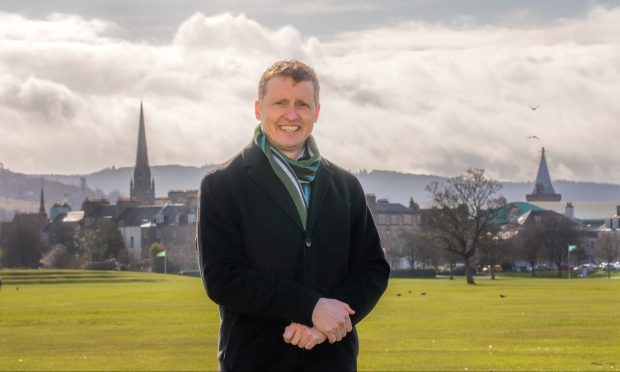
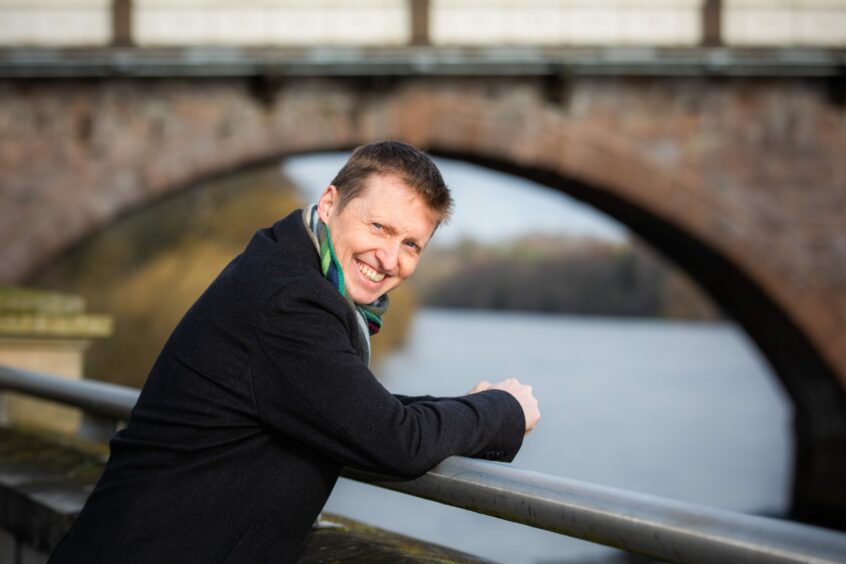
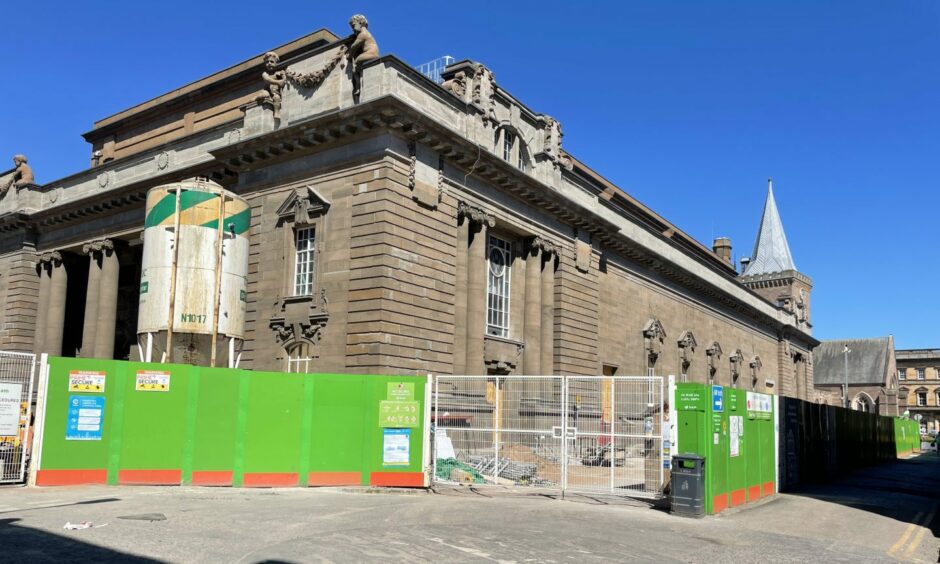
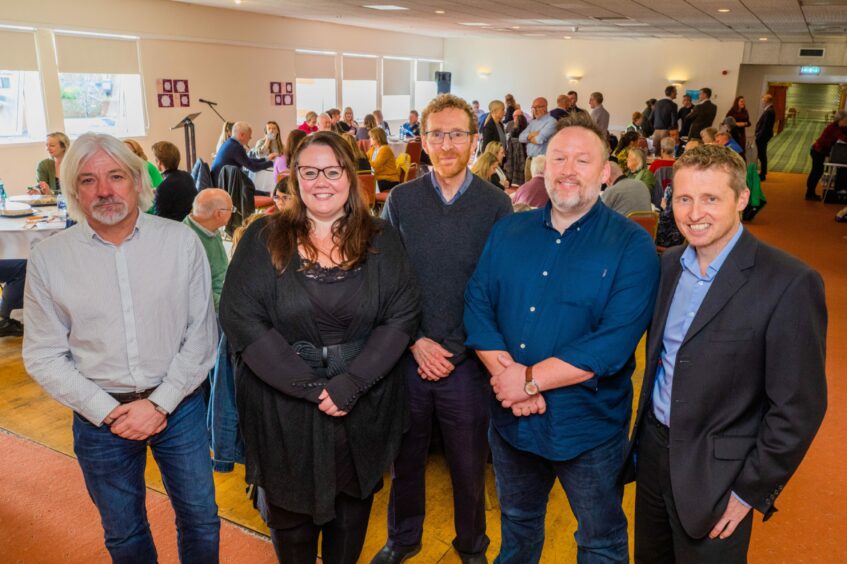

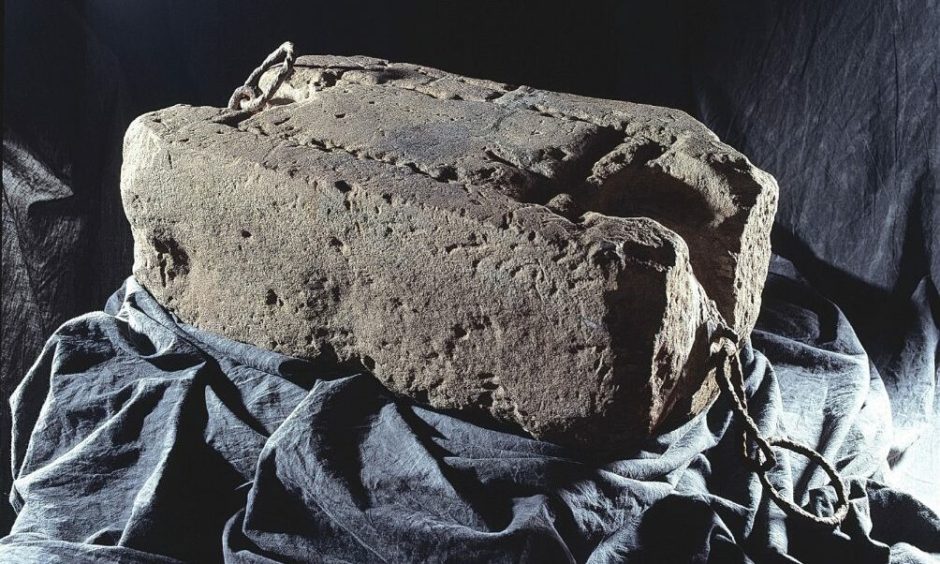
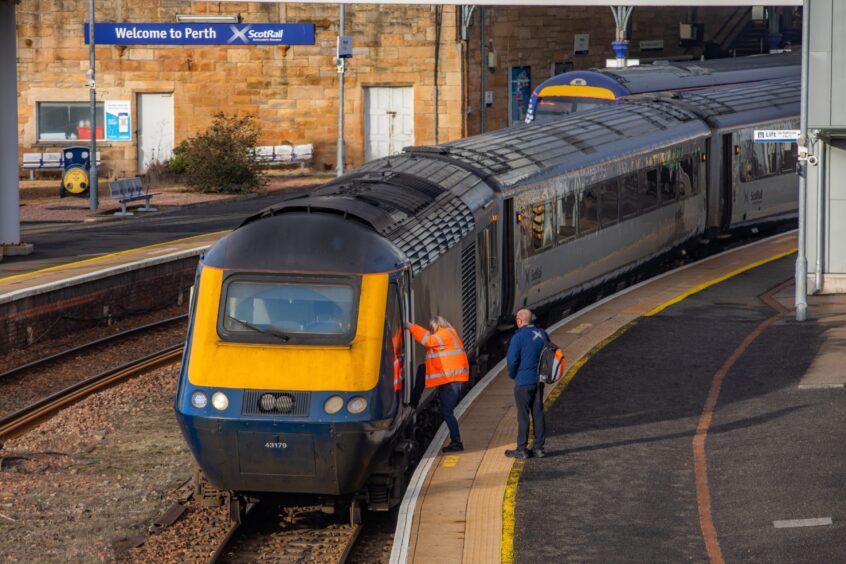










Conversation